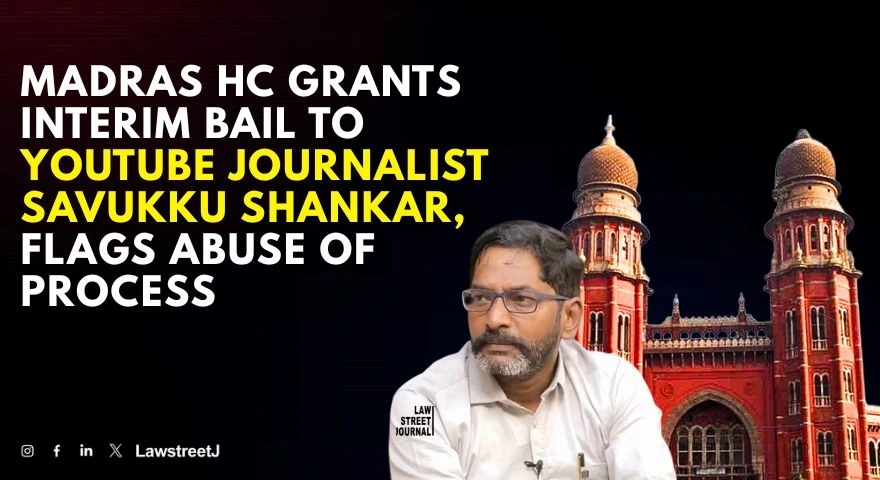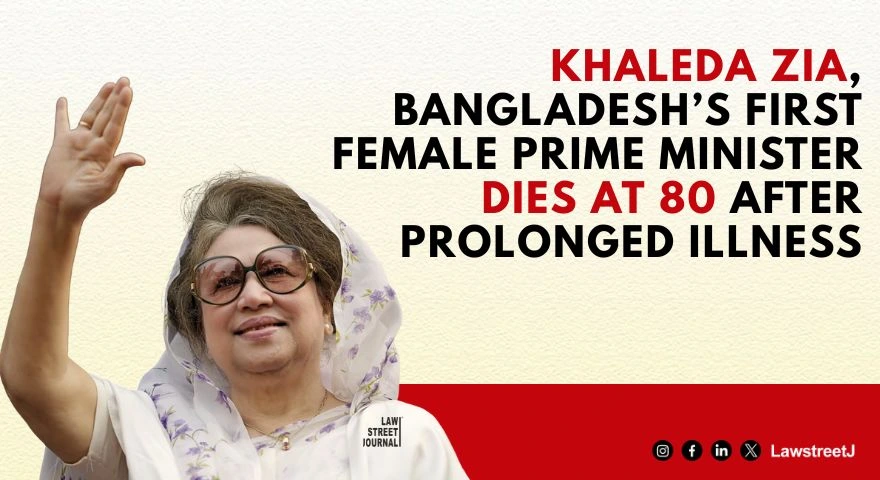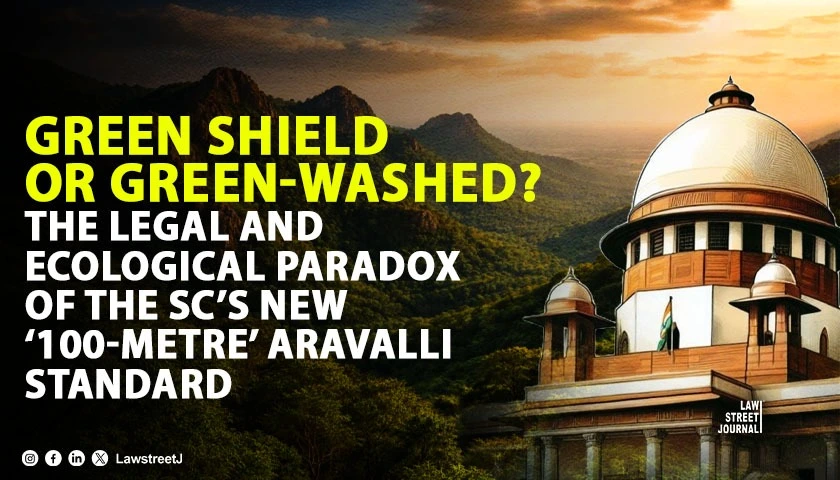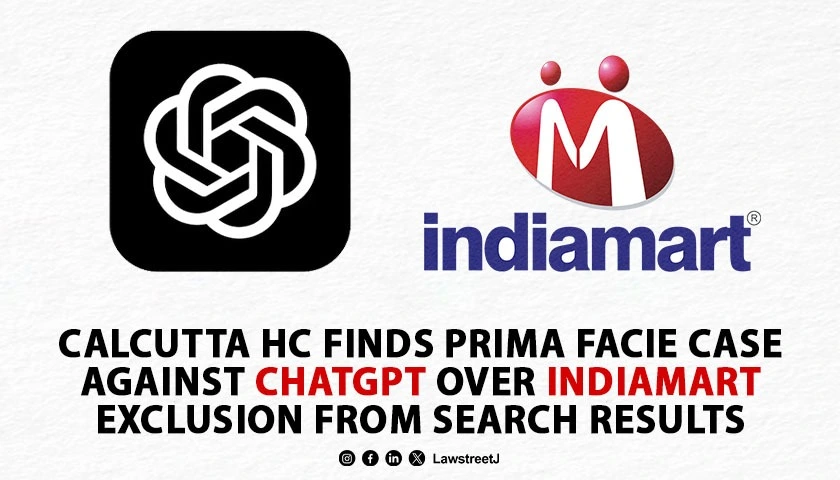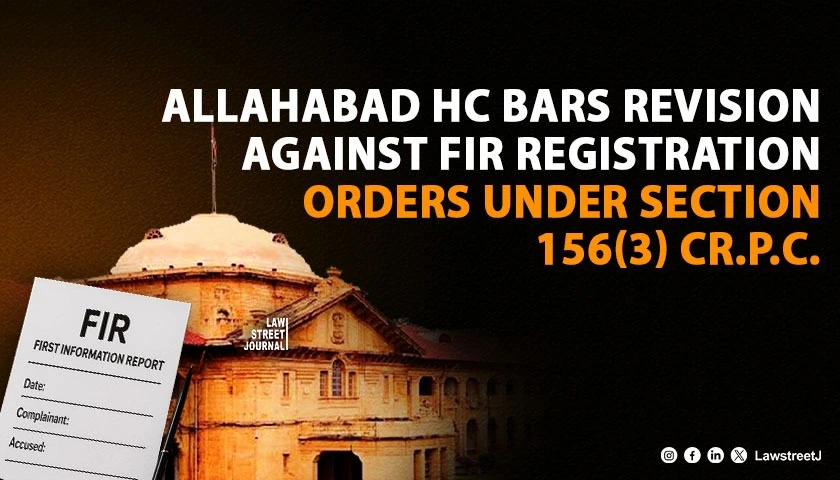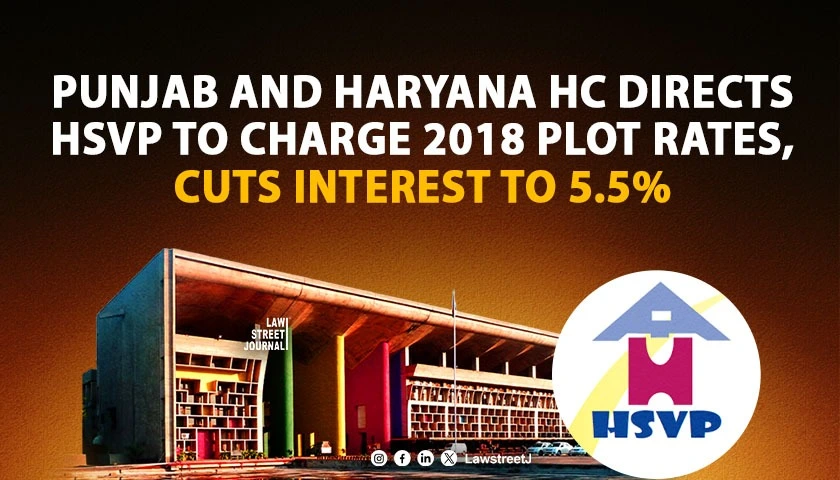A bench comprising Justices Indira Banerjee and Hemant Gupta of the apex court while dealing with the case Sesh Nath Singh Vs. Baidyabati Sheoraphuli Co-operative Bank Ltd. has held that:
In an application under Section 7 of the Insolvency and Bankruptcy Code, 2016 the applicant can claim the benefit of Section 14 of the Limitation Act, in respect of proceedings under the SARFAESI Act, 2002.
The bench also held that:
SAFAESI proceedings are 'civil proceedings' for the purposes of Section 14 of the Limitation Act, 1963.
It was further held that that there is no rule that the exclusion of time under Section 14 of the Limitation Act, 1963 (which allows for exclusion from the limitation period the time spent litigating before wrong forum) is available, only after the proceedings before the wrong forum terminate.
Background of the case:
The National Company Law Appellate Tribunal (NCLAT) rejected the contention raised by Corporate Debtor that since the account of the Corporate Debtor had been declared NPA on 31st March, 2013 and since the application under Section 7 of IBC had been filed on 27th August, 2018, after almost five years and five months from the date of accrual of the cause of action, the application filed by financial creditor is barred by limitation.
The NCLAT held that, the applicant, the financial creditor, had bona fide, within the period of limitation, initiated proceedings against the Corporate Debtor under the SARFAESI Act, 2002 and was thus entitled to exclusion of time under Section 14(2) of the Limitation Act.
The NCLAT, after exclusion of the period of about three years and six months till the date of the interim order of the High Court, during which the Financial Creditor had been proceeding under SARFAESI Act, 2002 found that the application of the Financial Creditor, under Section 7 of the IBC, was within limitation.
Issues considered by the Apex court:
- Whether delay beyond three years in filing an application under Section 7 of IBC can be condoned, in the absence of an application for condonation of delay made by the applicant under Section 5 of the Limitation Act, 1963?
- Whether Section 14 of the Limitation Act, 1963 applies to applications under Section 7 of the IBC? If so, is the exclusion of time under Section 14 is available, only after the proceedings before the wrong forum terminate?
Observations of the court:
The top court relied on an an NCLAT judgment in Ishrat Ali v. Cosmos Cooperative Bank Limited and Anr., wherein it was held that in an application under Section 7 of the IBC, the applicant is not entitled to the benefit of Section 14 of the Limitation Act, 1963 in respect of proceedings under the SARFAESI Act, 2002.
There is no bar to exercise by the Court/Tribunal of its discretion to condone delay, in the absence of a formal application.
While answering the first issue, the bench noted that Section 238A of the IBC provides that the provisions of the Limitation Act shall, as far as may be, apply to proceedings before the Adjudicating Authority(NCLT) and the NCLAT. The court observed that though, it is the general practice to make a formal application under Section 5 of the Limitation Act, 1963, in order to enable the Court or Tribunal to weigh the sufficiency of the cause for the inability of the appellant/applicant to approach the Court/Tribunal within the time prescribed by limitation, there is no bar to exercise by the Court/Tribunal of its discretion to condone delay, in the absence of a formal application.
The court said that:
A plain reading of Section5 of the Limitation Act make sit amply clear that,it is not mandatory to file an application in writing before relief can be grant edunder the said section. Had such an application been mandatory,Section 5 of the Limitation Act would have expressly provided so. Section 5would then have read that the Court might condone delay beyond the time prescribed by limitation for filing an application or appeal,if on consideration of the application of the appellant or the applicant, as the case maybe, for condonation of delay, the Court is satisfied that the appellant/applicant had sufficient cause for not preferring the appeal or making the application within such period.
Alternatively, aproviso or an Explanation would have been added to Section5, requiring the appellant or the applicant, asthe case maybe, to makean application for condonationof delay. However,the Court canalways insist that anapplication or an affidavit showing causefor the delay befiled. No applicantor appellant canclaim condonation ofdelay under Section 5of the LimitationAct as ofright, without makingan application.
The bench also noted that the IBC does not exclude the application of Section 6 or 14 or 18 or any other provision of the Limitation Act to proceeding under the IBC in the NCLT/NCLAT.
All the provisions of the Limitation Act are applicable to proceedings in the NCLT/NCLAT, to the extent feasible, it said.
The bench further observed that substantive provisions of Sub-sections (1), (2) and (3) of Section 14 do not say that Section 14 can only be invoked on termination of the earlier proceedings, prosecuted in good faith.
Further, regarding the contention relying on NCLAT judgment in Ishrat Ali case, the bench observed that there is no rationale for the view that the proceedings initiated by a secured creditor against a borrower under the SARFAESI Act for taking possession of its secured assets, were intended to be excluded from the category of civil proceedings. While dismissing the appeal, the bench observed:
If, in the context of proceedings under Section 7or 9 of the IBC, Section 14were to be interpreted with rigidand pedantic adherence toits literal meaning,to hold thatonly civil proceedings in Court would enjoy exclusion, the result would be that an applicant would not even be entitledto exclusion ofthe period oftime spent in bonafide invoking anddiligently pursuing anearlier application under thesame provision ofIBC, for thesame relief, beforean Adjudicating Authority, lackingterritorial jurisdiction Thiscould not possibly have been thelegislative intent.
In our considered opinion, the judgment of the NCLAT in the case of Ishrat Ali is unsustainable in law. The proceedings under the SARFAESI Act, 2002 are undoubtedly civil proceedings.
At the end, it was observed that the expression 'Court' in Section 14(2) would be deemed to be any forum for a civil proceeding including any Tribunal or any forum under the SARFAESI Act, 2002.
The counsels in the case were Senior Advocate Siddhartha Dave and Advocate Sai Deepak.

![Section 14 of thr Limitation Act, 1963 Applies to Applications filed Under Section 7, IBC 2016: SC [READ JUDGMENT]](/secure/uploads/2021/03/lj_9503_supreme_court.jpg)
